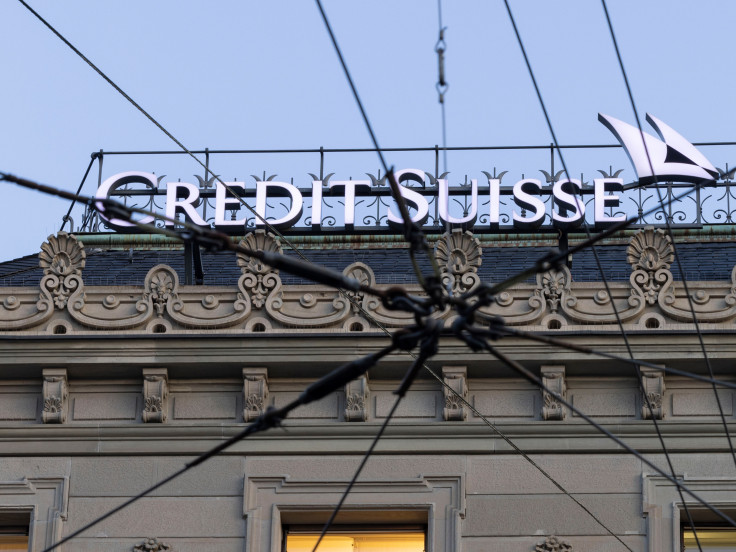Credit Suisse's buyout by Swiss-rival UBS results in further panic throughout global banking system
Hargreaves Lansdown's Susannah Streeter has spoken on UBS's $3.23 billion purchase of Credit Suisse with the latter having been saved by its domestic rival.

The rapid demise of Credit Suisse over recent times has resulted in the bank, which was considered a pillar in Swiss banking, having to be sold to a rival bank in Switzerland, UBS. The deal orchestrated by the authorities in Switzerland sees UBS assuming losses of over $5 billion from Credit Suisse.
This news comes amidst a global banking crisis being feared with the recent collapse of Silicon Valley Bank in the US being the start of the fall.
A new market report from Hargreaves Lansdown's Head of Money and Markets, Susannah Streeter, has addressed the difficulties still facing the banking sector despite the takeover.
Streeter states the deal was necessary as "Credit Suisse was on life support and Swiss authorities believed only a full transplant of the bank's divisions into UBS would restore stability to the banking system".
Despite this acquisition, UBS is now taking on a precarious situation which is why they only paid less than half of what their shares valued Credit Suisse at last Friday. Streeter clarifies this is because UBS is not just gaining the striving parts of the bank but the "failing ones as well". She believes this is particularly apparent in UBS's investment division, which has been mired in "crisis after crisis".
Now it is up to UBS to sell off large parts of certain operations in order to slim down, "given that the combined balance sheet is twice the size of Switzerland's economy".
Streeter adds that this quick collapse of Credit Suisse has sent shockwaves throughout the banking sector. Hence, central banks have eliminated the possibilities of contagion through rear-guard action by co-ordinating "currency swaps to enable the smooth flow of money around the world, to ensure financial institutions can easily tap into the dollars they need to operate".
Despite Asian investors initially welcoming the takeover, there are now concerns regarding high-risk bondholders. This is as an investment worth $17 billion from holders of largely risky debt for Credit Suisse has been completely wiped.
Credit Suisse's AT1 bonds are now worth nothing because of the deal. Streeter adds that despite bank holders being ranked higher than shareholders in bankruptcy proceedings, "under the contracts signed the same rules don't have to apply given Credit Suisse was facing a clear viability issue and had already been given support from the central bank".
Investors around the world believe that more problems will arise. According to Streeter, Standard Chartered and HSBC shares in Hong Kong dropped "by 7 per cent after immediate relief at the Credit Suisse deal evaporated".
In the US, smaller lenders will be at the core of matters as Streeter revealed, "First Republic Bank shares tanked by more than 30 per cent despite the $30 billion lifeline given to it by large US banks."
On the other hand, Streeter demonstrates that bigger lenders are in a much more favourable position through more stable deposits and building up much larger capital cushions. Additionally, some lenders are witnessing "greater inflows of cash as companies and individuals seek out safer havens to put their money".
Streeter adds that the bigger lenders "are also much less likely to have to sell off bonds, they may have a paper loss on right now, but instead will be able to hang onto them until they mature."
Streeter mentions some markets could be affected by banks becoming more risk-averse and therefore lending out in a more cautionary manner. This includes the housing market which is already in a fragile state so risk aversion within the banking sector would be another blow within there.
Investors are beginning to worry about the repercussions that a "potential lending squeeze will have on the global economy". Streeter stated the drop in oil price is a reflection of this, "with Brent Crude dropping more than 2 per cent to $71 a barrel, its weakest level since December 2021".
The struggle with oil prices comes amidst a tough period and moment of crisis in the Western banking sector.
© Copyright IBTimes 2024. All rights reserved.






